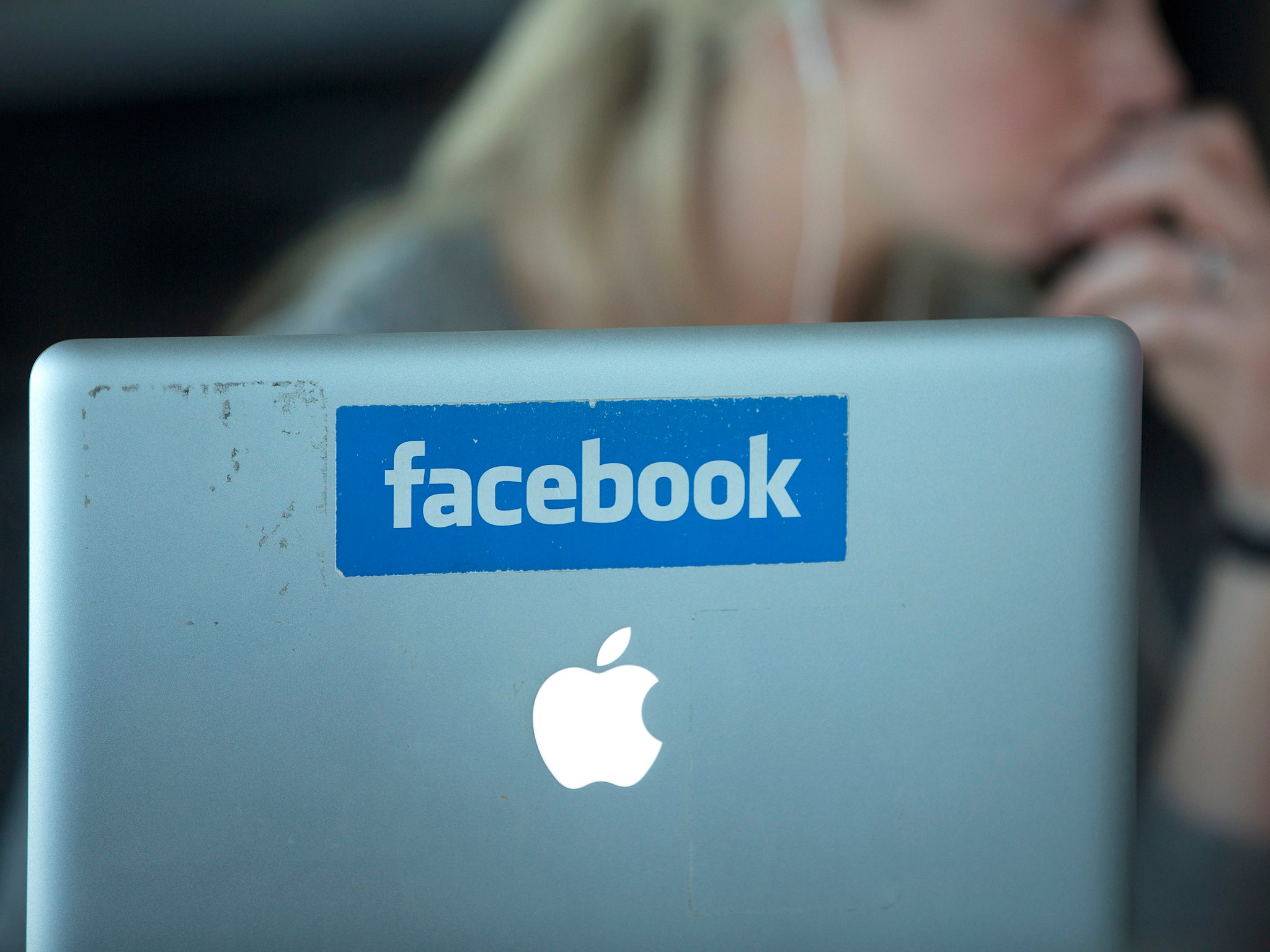Facebook has been suppressing right-wing news, claim former employees
The anonymous sources claim they had more influence on trending stories than the social media site let on

Your support helps us to tell the story
From reproductive rights to climate change to Big Tech, The Independent is on the ground when the story is developing. Whether it's investigating the financials of Elon Musk's pro-Trump PAC or producing our latest documentary, 'The A Word', which shines a light on the American women fighting for reproductive rights, we know how important it is to parse out the facts from the messaging.
At such a critical moment in US history, we need reporters on the ground. Your donation allows us to keep sending journalists to speak to both sides of the story.
The Independent is trusted by Americans across the entire political spectrum. And unlike many other quality news outlets, we choose not to lock Americans out of our reporting and analysis with paywalls. We believe quality journalism should be available to everyone, paid for by those who can afford it.
Your support makes all the difference.Several former Facebook staffers have claimed that the social media site buries conservative-leaning news within its Trending section - the bar of topics currently located on the right hand side of users’ timeline.
Gizmodo reports that former contracted “news curators” - who all wished to remain anonymous - had significant influence on what news was included in Facebook’s ranked news list. According to the social media company, the trending news list pulls topics based on popularity, engagement, while also factoring a user’s location and interests.
But the former contracts said that the ranked lists were not formed so organically.
“Depending on who was on shift, things would be blacklisted or trending,” one of the anonymous sources, who identified as politically conservative, told the Gawker Media property. “I’d come on shift and I’d discover that CPAC or Mitt Romney or Glenn Beck or popular conservative topics wouldn’t be trending because either the curator didn’t recognize the news topic or it was like they had a bias against Ted Cruz.”
One of the anonymous contractors said that if a topic were popular on a conservative website - such as Breitbart or Newsmax.com - curators could include the same story in the trending list if it were “from a more neutral outlet that wasn’t as biased,” such as the New York Times or the Washington Post.
Curators also said they were instructed by the company to “inject” stories into the trending pipeline, despite lack of popularity. For instance, if all of the major newspapers and news sites covered an issue, but Facebook users were not reading those stories, curators included the topic on the list.
“If it looked like it had enough news sites covering the story, we could inject it - even if it wasn’t naturally trending,” a former curator said.
The contractors also said they were instructed to keep news about Facebook off the ranked trending list, unless approved through many channels.
“When it was a story about the company, we were told not to touch it,” one source told Gizmodo. “It had to be cleared through several channels, even if it was being shared quite a bit. We were told that we should not be putting it on the trending tool.”
According to the report, the former contractors worked for Facebook from mid-2014 to December 2015.
Facebook released a statement rejecting the claims.
"We take allegations of bias very seriously. Facebook is a platform for people and perspectives from across the political spectrum," the statement said. "There are rigorous guidelines in place for the review team to ensure consistency and neutrality. Those guidelines do not permit the suppression of political perspectives. Nor do they permit the prioritization of one viewpoint over another or one news outlet over another."
"These guidelines do not prohibit any news outlet from appearing in Trending Topics."
Facebook launched the Trending section in 2014 to compete with the real-time trending news delivery of their social media competitor, Twitter.
Join our commenting forum
Join thought-provoking conversations, follow other Independent readers and see their replies
Comments